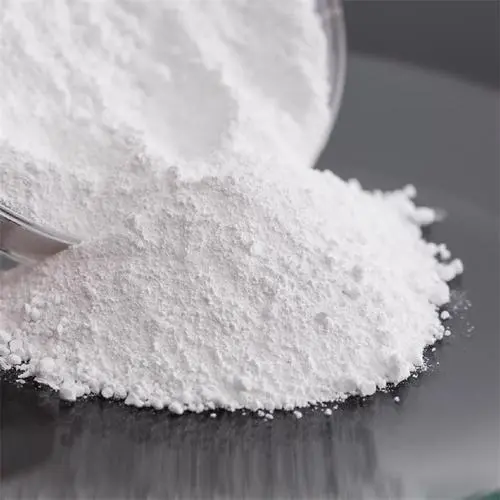
custom calcin kaolin
Exploring Custom Calcin Kaolin A Versatile Material for Various Applications
Kaolin, a clay mineral composed primarily of kaolinite, has been utilized for centuries across different industries due to its unique properties. Through a specialized process known as calcination, kaolin undergoes significant transformations to enhance its performance and expand its applications. Custom calcined kaolin, in particular, caters to the specific needs of various sectors, making it a highly sought-after material in today's market.
What is Calcined Kaolin?
Calcined kaolin is produced by heating natural kaolin to high temperatures, typically between 600 to 1,200 degrees Celsius. This process results in the elimination of chemically adsorbed water and the recrystallization of its structure, leading to a product that exhibits increased whiteness, improved brightness, and enhanced opacity. The thermal treatment also alters its physical and chemical properties, yielding a material with high purity and low impurities.
Custom calcination refers to the ability to tailor the calcination process based on the desired characteristics for specific applications. By adjusting factors such as temperature, duration, and atmosphere, manufacturers can produce various grades of kaolin that meet the unique specifications of their clients.
Applications of Custom Calcined Kaolin
1. Ceramics and Porcelain In the ceramics industry, custom calcined kaolin is prized for its whiteness and low shrinkage during firing. It serves as a key ingredient in porcelain production, allowing manufacturers to create high-quality tableware, tiles, and sanitary ware. The enhanced properties also improve the durability and aesthetic appeal of ceramic products.
custom calcin kaolin

2. Paints and Coatings The paint industry benefits from the use of custom calcined kaolin as a functional filler and extender. Its high brightness and opacity help improve the coverage and color stability of paints, while its smooth particle size enhances the overall texture. Furthermore, calcined kaolin can improve the scratch and abrasion resistance of coatings, leading to longer-lasting finishes.
3. Plastics and Composites In the realm of plastics, custom calcined kaolin is used to enhance the mechanical properties of composites. It acts as a reinforcing agent, providing improved impact resistance and strength. Additionally, its low density allows for lightweight formulations, making it valuable for industries focused on reducing material weight without compromising performance.
4. Paper In the paper industry, custom calcined kaolin is utilized as a pigment and filler. Its fine particle size and high brightness contribute to the paper's opacity and printability. By optimizing the calcination process, manufacturers can produce kaolin that enhances the surface properties of paper, making it smoother and more suitable for high-quality printing.
5. Cosmetics The cosmetic industry has also embraced custom calcined kaolin. It is used in formulations for its absorbent properties, providing a matte finish and controlling oil in makeup products. Its gentle nature makes it suitable for sensitive skin applications, particularly in face powders and masks.
Conclusion
Custom calcined kaolin stands out as a versatile material that caters to diverse industrial applications. Its unique properties, achieved through tailored calcination processes, make it an invaluable resource in ceramics, paints, plastics, paper, and cosmetics. As industries continue to seek out high-performance materials that meet specific performance criteria, the demand for custom calcined kaolin is likely to grow. By leveraging its advantageous characteristics, manufacturers can innovate and improve product formulations, ultimately contributing to enhanced quality and performance across various sectors. With an ongoing emphasis on sustainability and efficiency, custom calcined kaolin is positioned to play a crucial role in future industrial advancements.
Share
-
Fly Ash Solutions Enhanced by GPT-4 Turbo | Sustainable InnovationNewsAug.01,2025
-
Natural Premium Bentonite Cat Litter - Superior ClumpingNewsJul.31,2025
-
Premium Resin Coated Sand - High Heat Resistance CastingNewsJul.31,2025
-
High Quality Silicon Carbide Grit for Abrasive ApplicationsNewsJul.30,2025
-
High-Quality Ceramsite for Plants & Gardening | Lightweight PebblesNewsJul.29,2025
-
Premium Burgundy Glass Marbles for Vases & Shooter GamesNewsJul.29,2025






